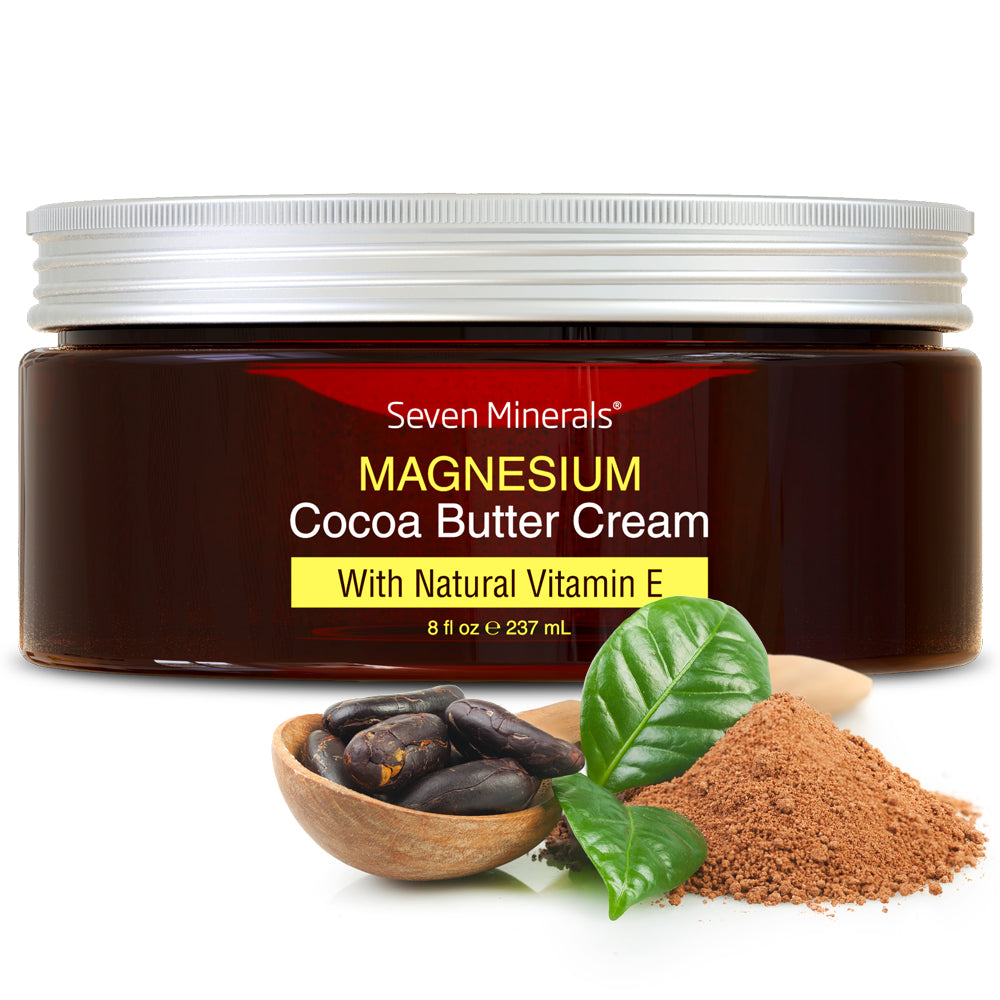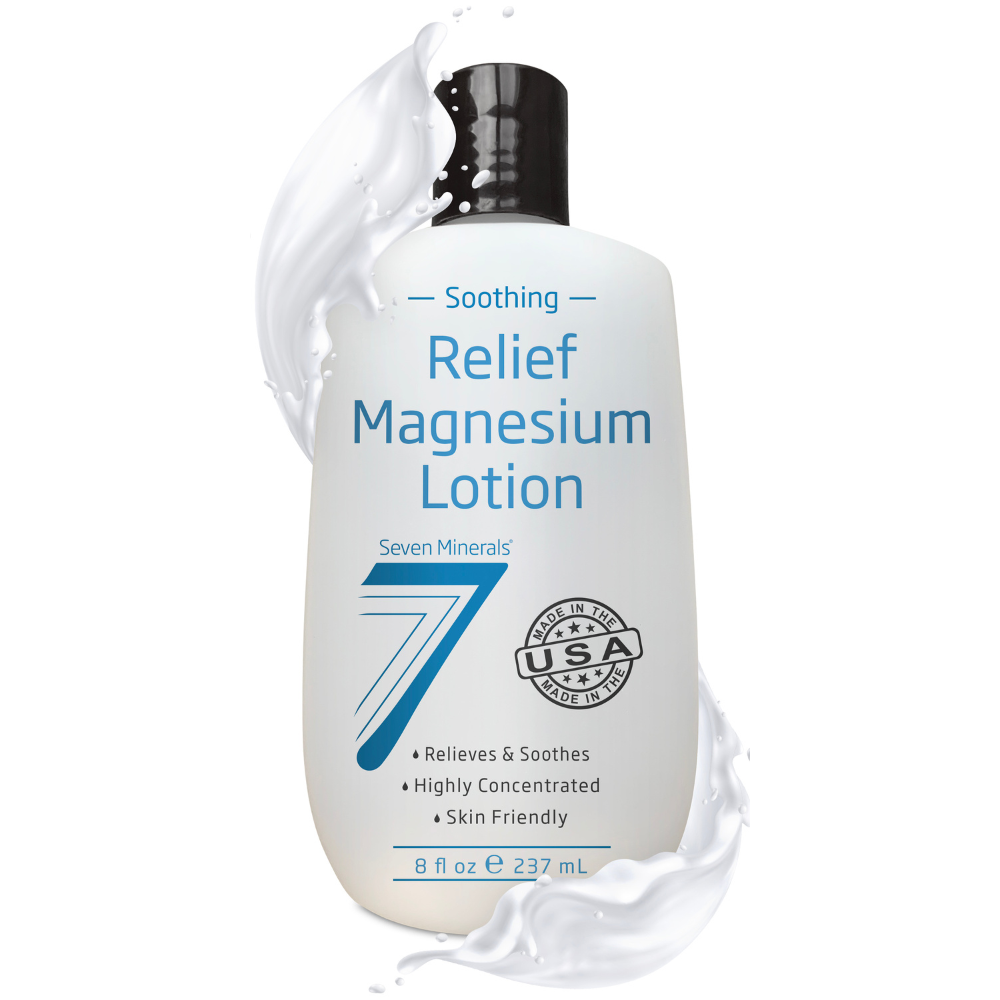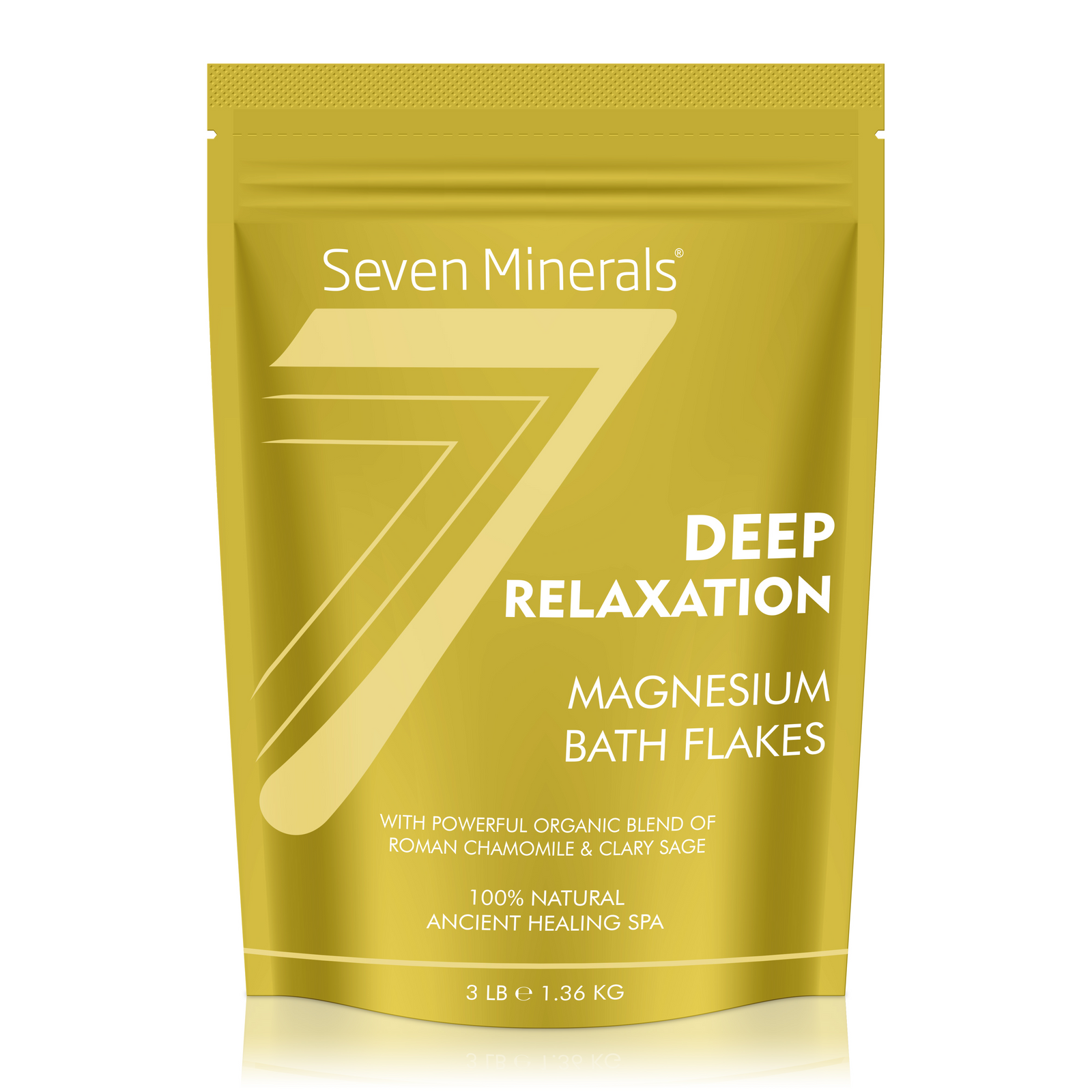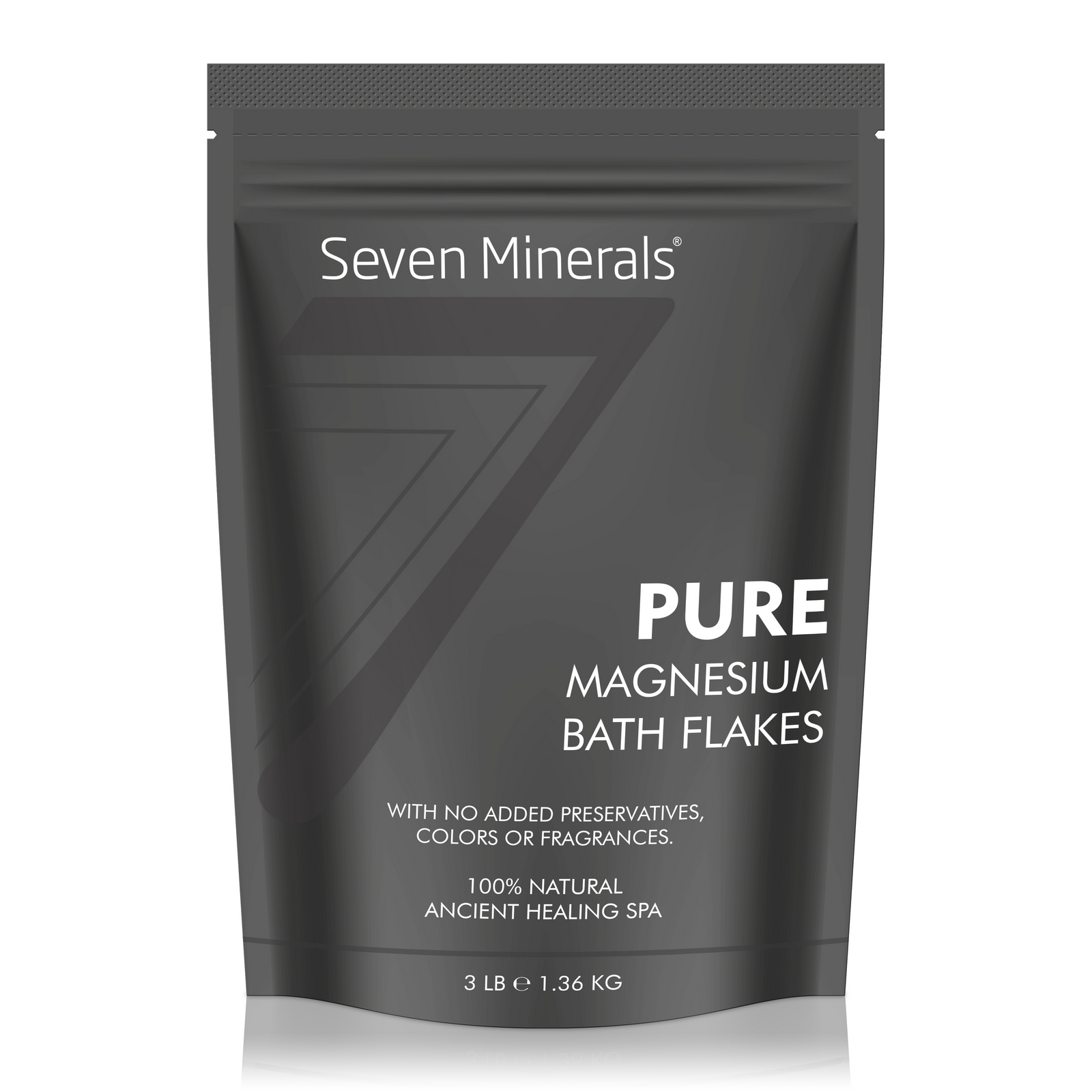Free Shipping on Orders Over $70
-
Aloe vera & Aftersun
Shop All
Organic Aloe Vera Gel from Freshly Cut Texas Grown Aloe
10481 reviewsAftersun Recovery Spray
78 reviewsAftersun Cooling Spray
70 reviewsAloe Vera Spray
2681 reviewsAftersun Recovery Gel
85 reviews -
Magnesium Oil & Blends
Catalog
USP Grade Magnesium Oil, Big 12 Oz
4120 reviewsMagnesium Oil with Aloe Vera, Big 12 Oz
1424 reviewsSleep Well Spray
342 reviewsStress & Anxiety Spray
135 reviewsHappy Joints Magnesium Spray
323 reviews -
Carrier Oils
Catalog
Pure Castor Oil
1430 reviewsGlass Bottle Castor Oil
224 reviewsSweet Almond Oil
957 reviewsOrganic Vegetable Glycerine
294 reviewsFractionated Coconut Oil
335 reviews -
Hair & Face
Catalog
Rice Water Spray 4oz Biotin
116 reviewsRice Water Spray 4oz Nettle
62 reviewsRice Water Spray 4oz Rose
77 reviewsPure Vitamin E Oil 1oz
60 reviewsPure Vitamin E Oil 4oz
63 reviews -
Magnesium Bath & Beauty
Catalog
Organic Magnesium Cocoa Butter Body Creme
853 reviewsMagnesium Lotion for Soothing Relief
95 reviewsSleep well flakes
484 reviewsDeep Relax Flakes
489 reviewsPure Mg Flakes
490 reviews -
Castile Soap
Catalog
Unscented Castile Soap
2979 reviewsLemon Castile Soap
423 reviewsMandarine & Basil Castile Soap
296 reviewsSweet Orange Castile Soap
424 reviewsPeppermint Castile Soap
150 reviews -
Wellness Packs
Catalog
The Detox Trio Symphony Pack
4 reviewsDetox Bundle: Hair and Scalp Pack
1 reviewDetox Bundle: Wellness Duo Pack
6 reviewsMommy Makeover Pack
No reviews - Gift Cards
- Aloe vera & Aftersun
- Magnesium Oil & Blends
- Carrier Oils
- Hair & Face
- Magnesium Bath & Beauty
- Castile Soap
- Wellness Packs
- Gift Cards
Shop All
Organic Aloe Vera Gel from Freshly Cut Texas Grown Aloe
10481 reviews
10481 reviews
Aftersun Recovery Spray
78 reviews
78 reviews
Aftersun Cooling Spray
70 reviews
70 reviews
Aloe Vera Spray
2681 reviews
2681 reviews
Aftersun Recovery Gel
85 reviews
85 reviews
Catalog
USP Grade Magnesium Oil, Big 12 Oz
4120 reviews
4120 reviews
Magnesium Oil with Aloe Vera, Big 12 Oz
1424 reviews
1424 reviews
Sleep Well Spray
342 reviews
342 reviews
Stress & Anxiety Spray
135 reviews
135 reviews
Happy Joints Magnesium Spray
323 reviews
323 reviews
Catalog
Pure Castor Oil
1430 reviews
1430 reviews
Glass Bottle Castor Oil
224 reviews
224 reviews
Sweet Almond Oil
957 reviews
957 reviews
Organic Vegetable Glycerine
294 reviews
294 reviews
Fractionated Coconut Oil
335 reviews
335 reviews
Catalog
Rice Water Spray 4oz Biotin
116 reviews
116 reviews
Rice Water Spray 4oz Nettle
62 reviews
62 reviews
Rice Water Spray 4oz Rose
77 reviews
77 reviews
Pure Vitamin E Oil 1oz
60 reviews
60 reviews
Pure Vitamin E Oil 4oz
63 reviews
63 reviews
Catalog
Organic Magnesium Cocoa Butter Body Creme
853 reviews
853 reviews
Magnesium Lotion for Soothing Relief
95 reviews
95 reviews
Sleep well flakes
484 reviews
484 reviews
Deep Relax Flakes
489 reviews
489 reviews
Pure Mg Flakes
490 reviews
490 reviews
Catalog
Unscented Castile Soap
2979 reviews
2979 reviews
Lemon Castile Soap
423 reviews
423 reviews
Mandarine & Basil Castile Soap
296 reviews
296 reviews
Sweet Orange Castile Soap
424 reviews
424 reviews
Peppermint Castile Soap
150 reviews
150 reviews
Catalog
The Detox Trio Symphony Pack
4 reviews
4 reviews
Detox Bundle: Hair and Scalp Pack
1 review
1 review
Detox Bundle: Wellness Duo Pack
6 reviews
6 reviews
Mommy Makeover Pack
No reviews
No reviews





































 Alcohol and soda are two of the most common culprits that can sabotage your weight loss efforts. Alcohol contains zero nutrients but it does contain calories. Plus, studies show that drinking alcohol can increase your appetite and cause you to overeat. Soda, even the zero-calorie versions, can expand your waistline if you overindulge. If you really want to lose weight, stop drinking your calories and focus on healthy beverages like water and green tea.
Alcohol and soda are two of the most common culprits that can sabotage your weight loss efforts. Alcohol contains zero nutrients but it does contain calories. Plus, studies show that drinking alcohol can increase your appetite and cause you to overeat. Soda, even the zero-calorie versions, can expand your waistline if you overindulge. If you really want to lose weight, stop drinking your calories and focus on healthy beverages like water and green tea. As you have already learned, magnesium is an extremely important nutrient for healthy bodily function. This mineral plays a role in everything from energy production to regulating your blood sugar and supporting essential chemical reactions. Magnesium helps with muscle contraction, supports normal heart rhythm, and it helps your body build strong bones and teeth. But how does it relate to weight loss? In several ways.
As you have already learned, magnesium is an extremely important nutrient for healthy bodily function. This mineral plays a role in everything from energy production to regulating your blood sugar and supporting essential chemical reactions. Magnesium helps with muscle contraction, supports normal heart rhythm, and it helps your body build strong bones and teeth. But how does it relate to weight loss? In several ways.

